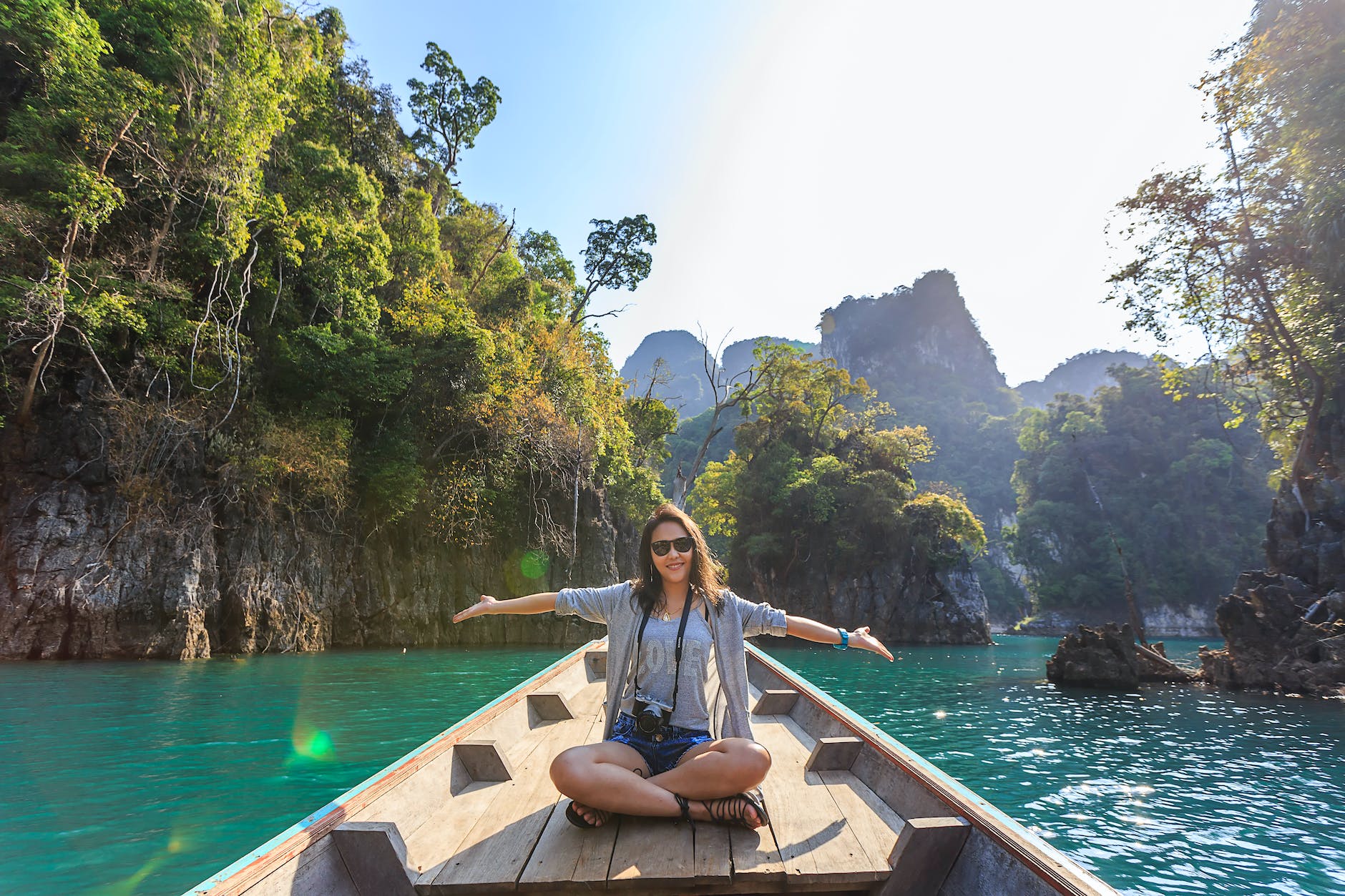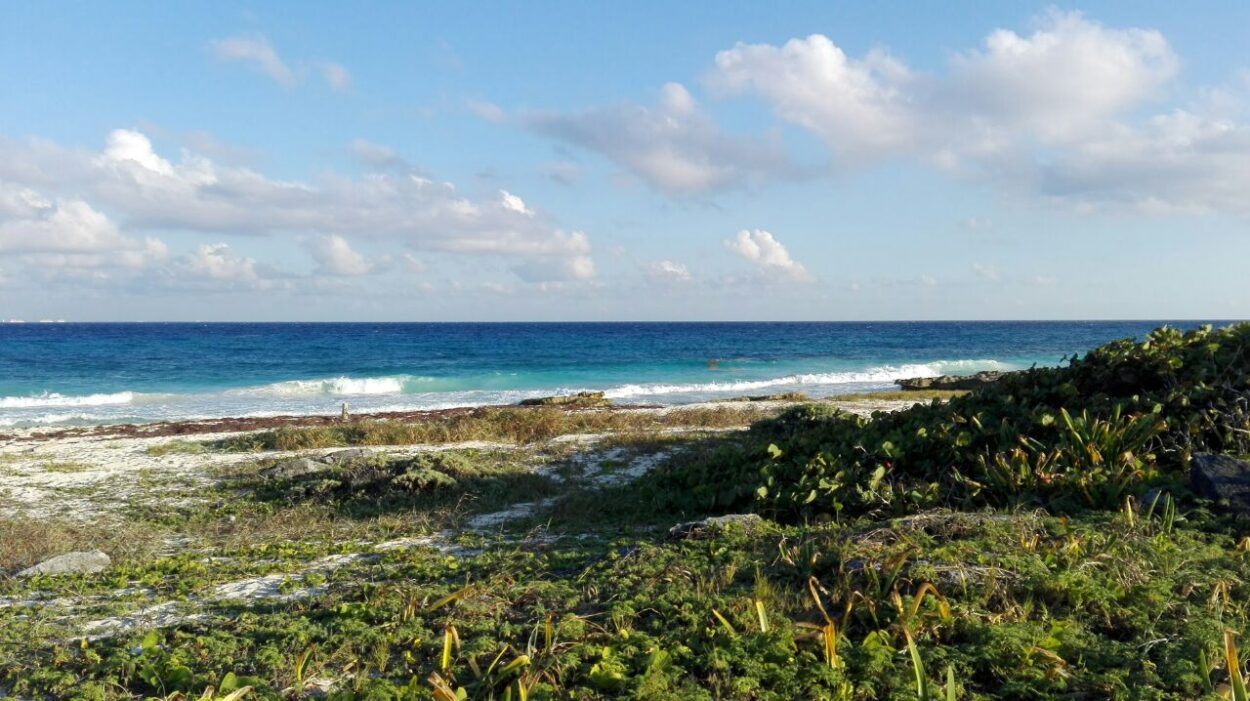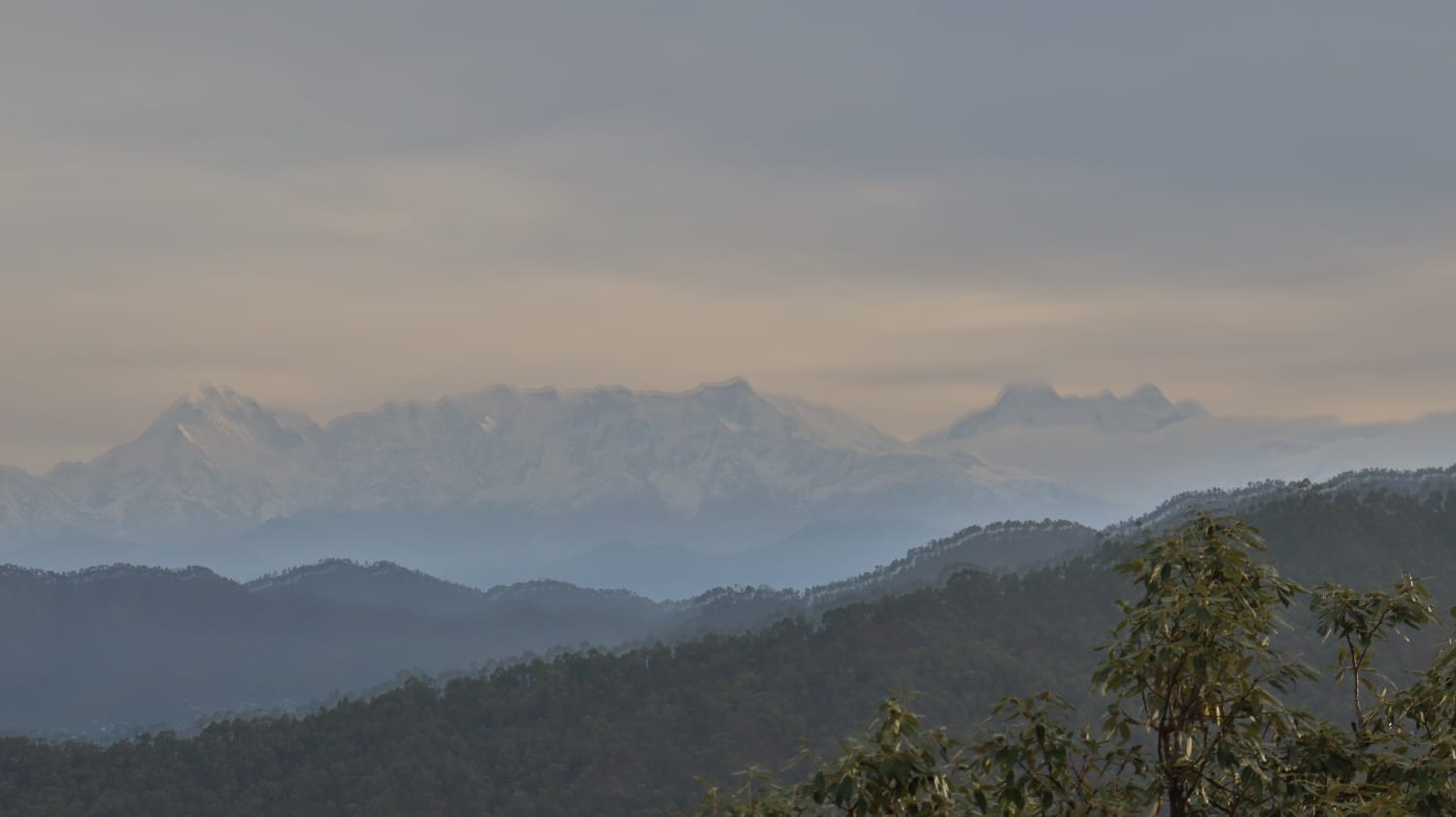As the world becomes more interconnected, the demand for luxurious travel experiences has soared. However, with this surge in tourism comes an imperative to safeguard our planet’s most precious resources – its biodiversity and natural beauty. Eco luxury destinations are leading the way in preserving these vital ecosystems while providing unforgettable experiences for travelers. In this article, we will explore how these destinations are making a positive impact.
The Importance of Biodiversity Hotspots
Biodiversity hotspots are regions of the world that harbor exceptional levels of species richness and endemism but are also under threat due to human activities. These areas are crucial for maintaining ecological balance, supporting wildlife, and preserving unique habitats. Eco luxury destinations, characterized by their commitment to sustainability and responsible tourism, have recognized the significance of these hotspots and have taken on the responsibility of conserving them.
The hotel industry plays a crucial role in the preservation of biodiversity hotspots. For instance, consider a luxury resort situated on the edge of a biodiverse rainforest. By implementing sustainable practices such as waste reduction, water conservation, and eco-friendly infrastructure, the resort ensures minimal impact on the surrounding environment. Additionally, the resort may collaborate with local conservation organizations to protect endangered species and restore natural habitats within the rainforest.

EcoHotelProjects, De Castro Group, proud LUSH association member

Statistics on Biodiversity Conservation in Eco Luxury Destinations
According to recent studies, eco luxury destinations have shown significant progress in biodiversity preservation:
Protected Areas: Over 90% of eco luxury destinations have designated protected areas, covering vast landscapes with unique biodiversity.
Community Engagement: Eco luxury resorts contribute to the welfare of local communities, with 80% actively engaging in community development projects that promote environmental education and sustainable livelihoods.
Carbon Footprint Reduction: On average, eco luxury destinations have reduced their carbon footprint by 50% compared to conventional luxury resorts.
Endangered Species Conservation: Eco luxury properties have played a vital role in supporting conservation efforts for endangered species, resulting in increased populations and improved habitats.
Sustainable Sourcing: Nearly 70% of eco luxury destinations prioritize sustainable sourcing for their operations, including food, materials, and amenities.

Views from Different Regions on Preserving Natural Beauty in Eco Luxury Destinations
The concept of preserving natural beauty in eco luxury destinations has gained significant attention across the globe, as travelers increasingly seek luxurious experiences that are in harmony with nature. Different regions have embraced this ethos, each adding its unique touch to the blend of opulence and environmental responsibility. Let’s explore how the idea of protecting biodiversity hotspots and conserving natural beauty is perceived and celebrated in various parts of the world:
Europe: Eco Luxury Amidst Serene Landscapes
Europe has been at the forefront of eco luxury hospitality, where preservation of natural beauty goes hand in hand with delivering an opulent experience. Countries like Switzerland, Norway, and Portugal are known for their eco-friendly luxury resorts, nestled amidst serene landscapes. These destinations skillfully integrate sustainable practices, renewable energy sources, and locally sourced materials, creating a luxurious escape in harmony with nature.
In cities like Amsterdam and Copenhagen, boutique eco luxury hotels have emerged, showcasing innovative green architecture and eco-friendly amenities. By embracing the concept of sustainability, these hotels elevate the guest experience while minimizing their ecological impact.
Asia: A Fusion of Heritage and Eco Luxury
Asia offers a blend of heritage and eco luxury, where travelers can immerse themselves in rich cultural traditions while appreciating the importance of preserving biodiversity. In countries like Thailand, Indonesia, and Bhutan, eco-friendly luxury resorts celebrate local craftsmanship and cultural heritage. Guests can indulge in luxurious comfort while experiencing authentic sustainability practices that respect the environment and local communities.
The pristine beauty of the Maldives, Cambodia, and the Philippines has inspired luxurious overwater villas and eco-resorts, providing guests with an intimate connection to the natural surroundings. These destinations emphasize coral reef protection, marine conservation, and sustainable tourism as a way to safeguard their precious ecosystems.
Africa: Unparalleled Wildlife Conservation in Eco Luxury
Africa’s wilderness offers an extraordinary stage for eco luxury hospitality, where natural beauty and wildlife conservation take center stage. Countries like Kenya, Tanzania, and South Africa are home to luxury eco lodges and safari camps that prioritize the preservation of their unique biodiversity. By forging partnerships with local communities, these destinations contribute to wildlife conservation and sustainable development.
North African countries like Morocco and Egypt offer eco luxury riads and desert lodges, where travelers can enjoy the allure of ancient heritage combined with eco-conscious practices. These sustainable oases promote responsible tourism, offering a blend of indulgence and environmental stewardship.
North and South America: Harmonizing with Nature
In North and South America, eco luxury destinations harmonize with the region’s diverse natural wonders. From eco-lodges nestled in Costa Rican rainforests to luxury lodges perched on the edge of the Grand Canyon, travelers can experience the splendor of nature while contributing to conservation efforts.
The Galapagos Islands, Chilean Patagonia, and the Amazon rainforest are emblematic of South America’s commitment to eco luxury hospitality. Luxury cruises and eco lodges in these regions showcase the beauty of the natural world while implementing sustainable practices to protect fragile ecosystems.
Oceania: Island Escapes with Environmental Consciousness
Oceania’s island escapes are renowned for their eco luxury offerings, where guests can revel in paradise while supporting environmental conservation. Countries like Fiji, the Maldives, and Australia present exclusive eco-resorts and overwater bungalows that respect marine life and ocean ecosystems.
New Zealand’s eco luxury lodges showcase the pristine beauty of the islands while upholding sustainability principles. These lodges integrate renewable energy, emphasize local culture, and actively participate in conservation efforts, ensuring a luxurious experience that leaves minimal impact on the environment.

Conclusion
The collaboration between eco luxury destinations, industry personalities, organizations like UNWTO, LUSH, Sustainable Hospitality Alliance or GSTC alongwith the effort of every individual, has set a commendable example for the global hospitality and tourism sectors. By focusing on biodiversity hotspots and adopting sustainable practices, these destinations and individuals have demonstrated that luxury and environmental responsibility can coexist harmoniously.
As travelers, it is essential for us to choose eco luxury destinations and responsible tourism operators that align with our values, ensuring that our tourism dollars support responsible practices. Together, we can create a positive impact on biodiversity conservation, foster local communities, and inspire the broader hospitality and tourism industry to follow suit.
Biodiversity hotspots are treasures worth preserving, not only for the sake of our planet but also for the enriching experiences they offer to those who visit them. As industry leaders, organizations, visionary personalities, and individual travelers, we have a collective responsibility to preserve the natural beauty of these fragile ecosystems for generations to come. By making conscious choices and supporting eco luxury destinations and responsible tourism practices, we can contribute to a sustainable and thriving future for both the travel industry and our planet.

Key industry links
United Nations Environment Programme (UNEP) – Biodiversity Hotspots – https://www.unep-wcmc.org/biodiversity-hotspots
Green Key International – https://www.greenkey.global/
World Tourism Organization (UNWTO) – Sustainable Development of Tourism – https://www.unwto.org/sustainable-development-of-tourism
Global Sustainable Tourism Council (GSTC) – https://www.gstcouncil.org/
LUSH Association – www.lushia.org
Sustainable Hospitality Alliance. https://sustainablehospitalityalliance.org/
GreenLux Hotels – https://www.greenluxhotels.com/
Global Conservation Alliance – https://www.globalconservationalliance.org/
Sustainable Stays – https://www.sustainablestays.com/



